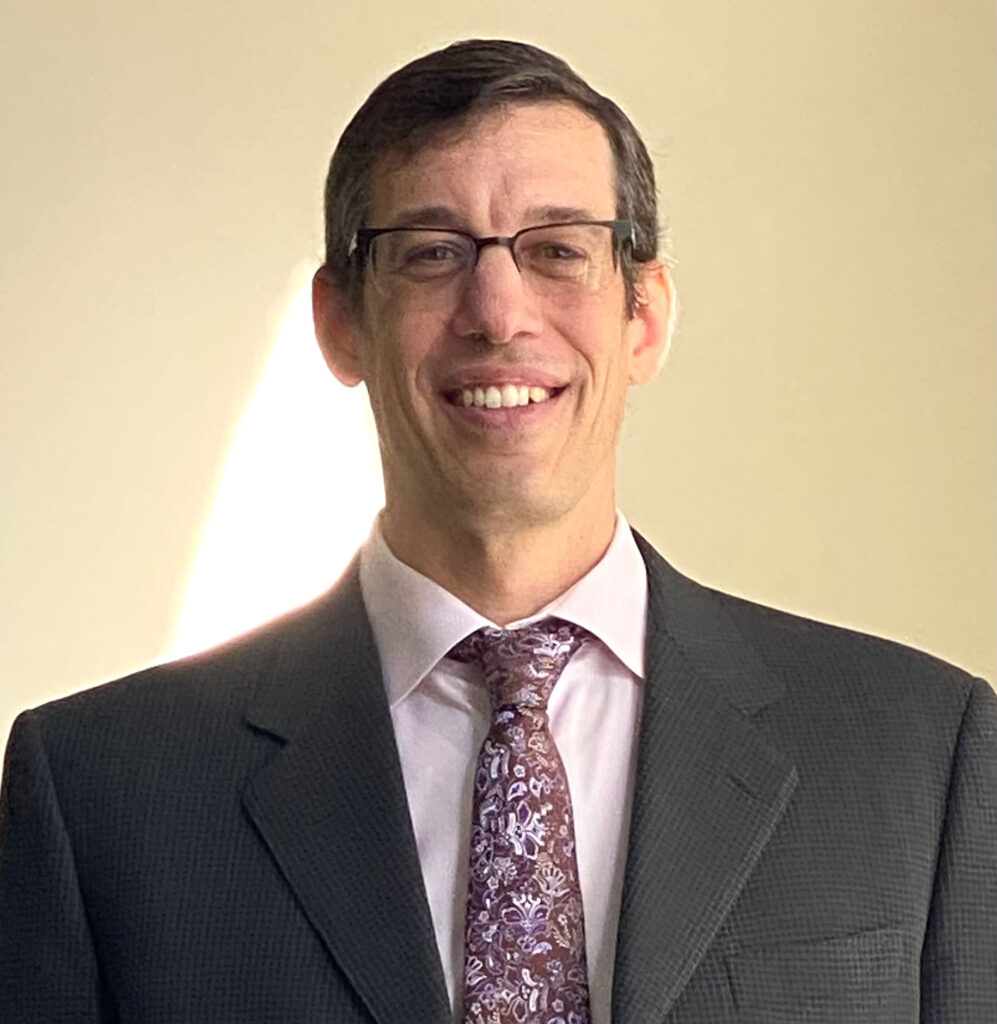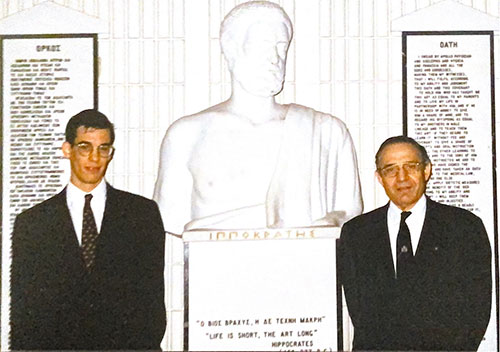After falling in love and marrying George’s mother Nancy, then a nursing supervisor at Toronto Western Hospital, Dimitrios decided to make Toronto his permanent home. He’d go on to become one of his field’s most influential leaders — authoring hundreds of scientific publications over his lifetime and co-founding the International Society of Peritoneal Dialysis (of which he also served as President from 1996 to 1999). Over the span of his career, Dimitrios trained more than 200 Canadian and international fellows and, ultimately, played a major role in helping transform peritoneal dialysis into a viable, long-term treatment for patients with compromised kidney function.
Throughout it all, Dimitrios always felt called to help support others in a compassionate and ethical manner. In 1984, Dimitrios founded Humane Medicine Inc. — a charitable organization that helped promote the humane and ethical care of patients (and was associated with its own namesake journal). Humane Medicine also helped fund trainees from around the world so they could pursue specialized educational opportunities in Toronto.
“My father was always interested in the underdog and in people of different backgrounds and faiths,” says George. “It’s incredibly valuable to learn about people’s practices elsewhere and to recognize the commonalities between us, while also understanding the unique challenges and differences facing practitioners from outside Canada. It makes me feel so thankful for what we have and what we are able to do here.”
It was also important to Dimitrios that he help nurture the same sense of compassion and generosity in his son George, now an associate professor of surgery and medical imaging in the Temerty Faculty of Medicine, as well as a vascular surgeon also practicing in interventional radiology with the University Health Network. In 2008, he brought George onto Humane Medicine’s board of directors.
“My father told me, ‘George, I’m giving you the responsibility of managing this charity so you can practice how to give,’” he recalls.



